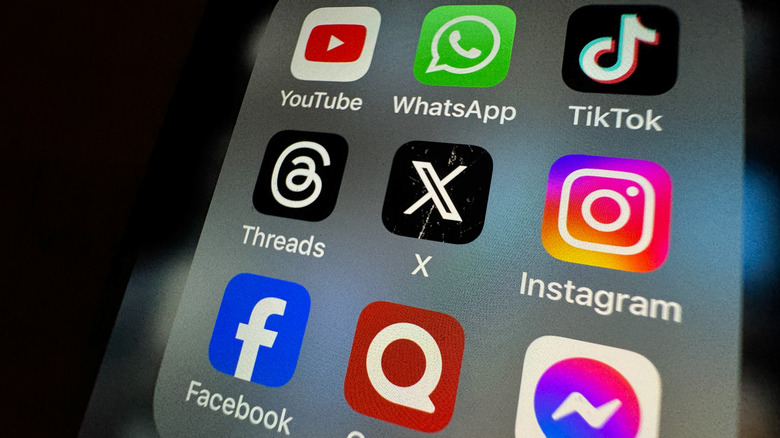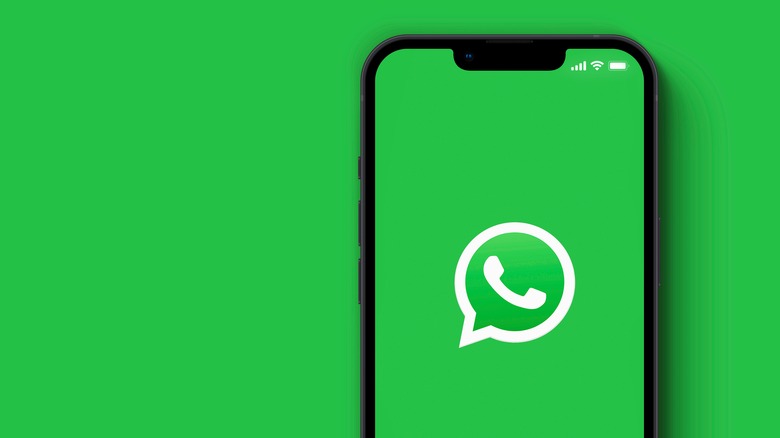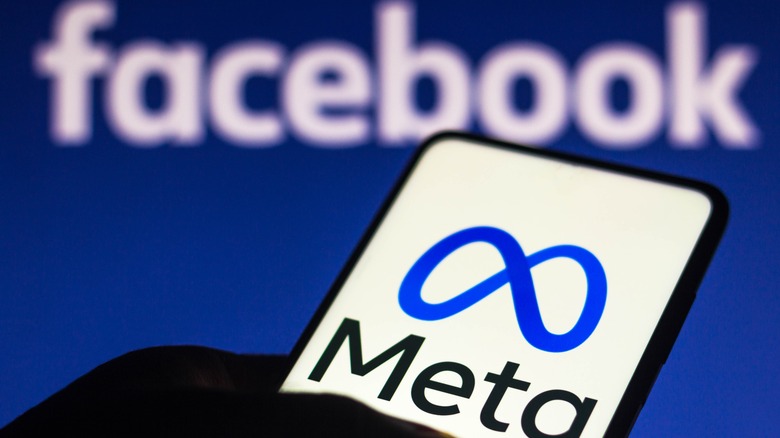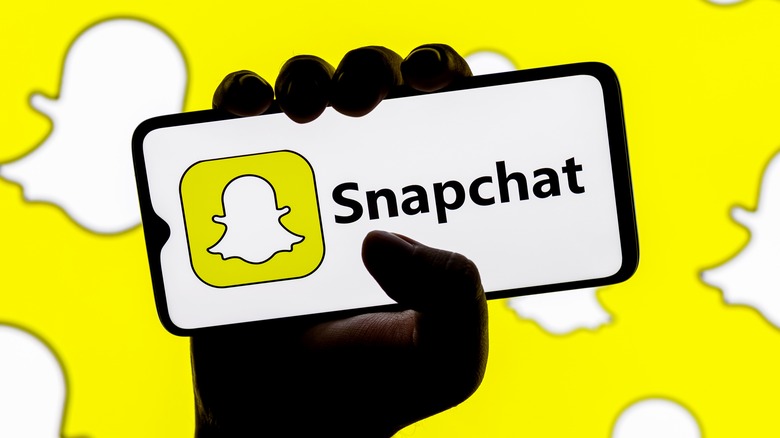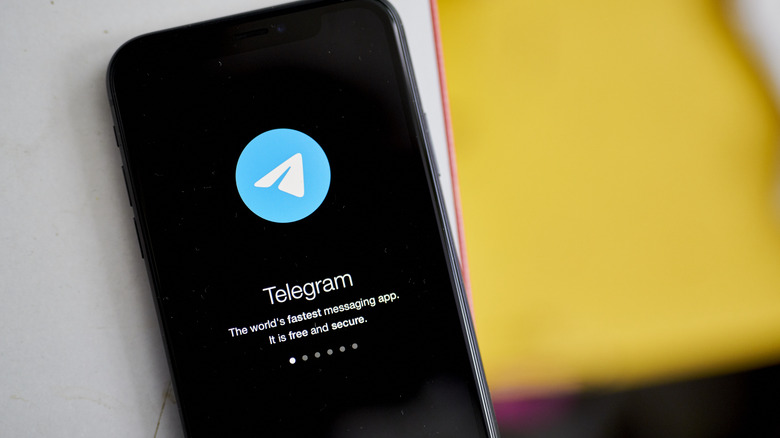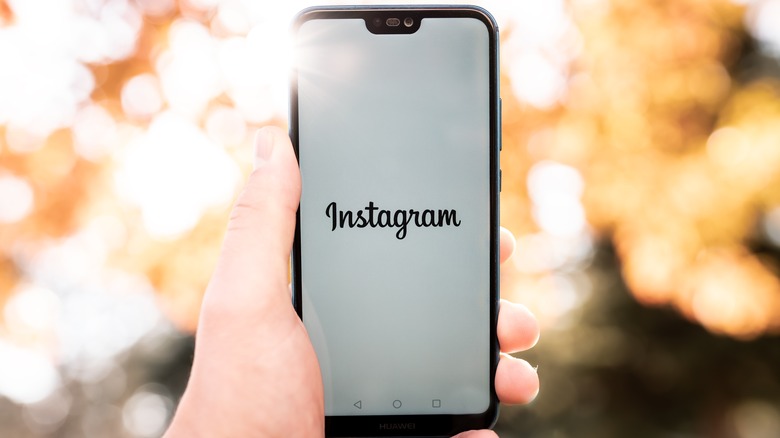5 Of The Best Apps To Stay Connected With Friends And Family
Staying in touch with friends and family has never been easier thanks to the wide array of free social and messaging apps on the market. There are apps that offer ways to keep in touch with distant acquaintances, keep up to date with the lives of those close to you, and have regular conversations with people you know from around the world.
We've picked five of the best apps currently available, three of which come from Meta, as like many other companies, it is pretty fond of snapping up smaller, successful, tech businesses. All of the apps are free, cover a wide variety of needs, and are cross-platform, which means Android and Apple users can message each other and sometimes PC users can even join in, too. Whether you need something for a casual chat, need a bit more security for personal conversations, need to stay in touch with distant relatives, or need to plan that high school reunion, we have you covered.
This is one of the many messaging apps owned by Meta (formerly Facebook). WhatsApp (Android|iOS) is immensely popular in Britain but doesn't seem to have caught on as deeply in large parts of the United States for some reason. Still, it's a great cross-platform messaging option and it's available for free. Signup requires a phone number, and the account remains tied to that number. However, if you do change cell providers it can (and probably should) be changed.
There are all of the features you'd expect from a modern messaging app, including group chats, voice calls, video calls, picture messaging, and the ability to react to particular messages. You can also customize your background and add things like a profile picture. To add other people, you'll likely need their phone number — though you can also scan a QR code or show them your own. You can also import contacts from your phone's address book.
Messages on WhatsApp are also encrypted, so while nothing is 100% secure it's still a pretty safe place to store private conversations. Message backup is also an option so you don't lose any of those cherished memories or drunken text exchanges should you lose your phone.
Facebook and Messenger
WhatsApp isn't the only messaging service owned by Mark Zuckerberg. Messenger (Android|iOS) is a well-established app that allows people to connect via Facebook. It is possible to message people you're not friends with, and the app allows for more than just texting. Group messaging is a thing, as are video and audio calls. Those calls tend to be of decent quality. End-to-end encryption is also an option, and messages can be set to delete after a certain time. Chats can also be hidden if you need that extra level of security.
When keeping in touch with friends and family, a key Messenger perk is the fact you probably have both your close and extended contacts added on the platform. It's also accessible across devices, including on PC, so it's a great backup if you lose your phone or have similar issues. Messenger is even available by default on Meta's VR headsets.
Beyond the messaging portion, Facebook doesn't need much of an introduction. While it wasn't the first social network, it quickly established market dominance after the fall of MySpace and has fought off all newcomers since. You can use it to share photos, post snippets of your life, and form groups.
Snapchat
Although it may not immediately spring to mind, Snapchat is a simple way to keep in touch with others. Like many apps, you can let it scroll through your contacts list and show you the accounts of anyone whose phone number or email address you have. From there, it can be used to send messages, short video clips, and images, as well as place audio and video calls and create group chats. It doesn't seem as serious as many of the other apps available and can be used to quickly send friends a funny thing you've seen or discovered. It's best for shorter, informal conversations that you come back to throughout the day.
On the face of it, Snapchat is one of the more private messaging services. By default, "Snaps" disappear after 24 hours, though the settings can be tweaked to make them disappear instantly. They can also be saved permanently. If a screenshot is taken on the app, all of the users in the chat are informed this has happened. Snaps can also be saved permanently, though other users will again be able to see this has been done and can opt to "unsave" a chat. Video and picture content can only be used once or twice before it is locked. Snapchat is independently owned by a company called "Snap Inc.," so if you're looking to avoid Meta products, this is a solid option.
Telegram
Telegram is a popular messaging app offering limitless cloud storage for messages and images and the ability to make voice and video calls. Users need a phone number to sign up, but it doesn't have to be shared with potential contacts. Instead, you can set a username and use that to link with other users. Chats can be set to auto-delete after a short amount of time, "secret chats" are a thing, messages can be deleted on both ends by a single user, and everything is end-to-end encrypted.
The app is also a popular way to engage in group messaging. Groups can be small packs of real-world friends, or larger and operating on a set theme. Sometimes Telegram groups are used to share news, though it is worth noting that the platform has been used as a propaganda outlet in certain circumstances. Journalists and individuals have used certain Telegram groups as a source of information on the war in Ukraine, for example.
Still, you don't need to go that deep. If you're simply looking for a platform that can help you stay in touch with friends and want to swerve the multiple apps owned by Mark Zuckerberg, then Telegram could be the right choice for you. It also claims to be "the world's fastest messaging app" — though, in practice, we've struggled to note a difference between it and WhatsApp in that regard.
Instagram is another part of Meta's near-monopoly on messaging apps — though it does offer something a little different. It's multi-platform, and connecting to people on Instagram is very easy. You can simply look up their unique username and follow them, plus they can choose to follow you back. In terms of functionality, Instagram's messaging system is near-identical to Facebook Messenger — though there are some cosmetic differences. You can share videos, images, and text messages on the platform, set up a group chat, make video calls, and voice chat to your heart's content.
It's also an easy way to share the content the platform is famous for. If your "conversations" with certain individuals essentially amount to sending each other short clips of cats doing stupid things, then this is the perfect messaging platform for you. As with other Meta messaging apps, the messages are encrypted and if someone is annoying you, it's easy to block them.
Beyond that, the app is a great way to share regular photos and other life events. Not every interaction needs to be a long conversation. A short comment or "like" on a picture of your lunch is still a form of interaction, and things like this can help you keep some form of connection with long-time acquaintances you don't see much. You can also strategically use the app, a hotel stay, and a rented supercar, to make it look like you're living an affluent lifestyle. This may fool folks who you went to high school with, but it will make those close to you think you're a bit sad.
